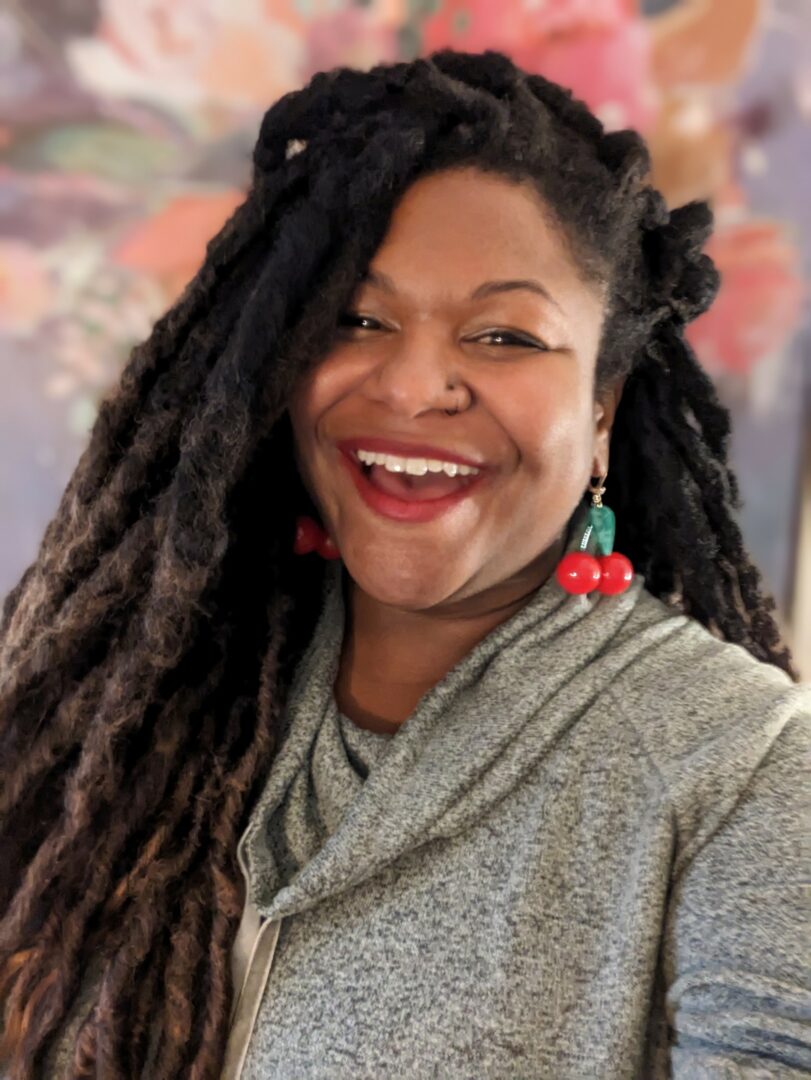We’re looking forward to introducing you to Kymber Stephenson. Check out our conversation below.
Good morning Kymber, it’s such a great way to kick off the day – I think our readers will love hearing your stories, experiences and about how you think about life and work. Let’s jump right in? What do the first 90 minutes of your day look like?
Every morning is a little bit different, but as a lifelong non-morning person, I’m proud to have gradually built a flexible routine that makes me happy to wake up most days. I typically start my day listening to an episode Wake Me Up podcast and fostering my parasocial relationship with the host, Tyler. My partner bought us some beautiful solar-powered rainbow spinning crystals in the window, so we open the windows and enjoy the rainbows dancing around the bedroom. I make my bed, have coffee or tea, and try to spend 15 minutes minimum on something for myself before moving into the work day. When I first started my current position, I realized that 15 minutes is ~1% of the day. And it motivated me to recognize that I deserve to spend the first 1% of my day on myself. Sometimes this will be reading something inspirational, gardening, or taking care of personal to-dos. And I’ve recently added on a 1% walk where I listen to the podcast Morning Meditations for Women. Reading this back, it makes it seem like I have mornings really together, but it didn’t start this way. 5 years ago, it began with just the 1 layer of making my bed as the 1%, and more layers added on the more I realized how much I loved spending time with myself, and how much it helps me go into my work day being the person I want to be.
Can you briefly introduce yourself and share what makes you or your brand unique?
Hello!
My name is Kymber Stephenson and I am a Registered Dietitian Nutritionist. I serve as the Clinical Director of Side by Side Nutrition, an outpatient group practice of dietitians in Colorado and across the country. Our practice specializes in eating disorders, disordered eating, and body image work, as well as diversity & weight-inclusive Medical Nutrition Therapy. We are especially passionate about supporting folks in finding self-compassion & self-caring approaches to their health story and relationship with their bodies.
I also am a Clinical Supervisor, providing guidance to other eating disorder practitioners on their toughest cases. I am a guest lecturer often appearing in undergrad and graduate-level courses for Metropolitan State University of Denver and Colorado State University in Fort Collins. In these courses, I frequently discuss the intersections of history, oppression, feminism, and religion, as they intertwine to form the diet culture that impacts all of our relationship with food, health, and body. I also am a preceptor and dietetic intern facilitator, working to support aspiring dietitians in developing their skills & knowledge around not only disordered eating, but using inclusive and humanizing approaches to patient care regardless of their future area of specialty. Lastly, I work with a Denver children’s group home to support their students in receiving quality meals and establishing healthy foundations with nutrition & body respect.
Right now, I am especially passionate about leading a Higher Level of Care Advocacy Working Group (H.A.W.G.) where we are working to advocate for equitable and non-punitive treatment of patients who need to access an eating disorder treatment center. After hearing nearly 100 stories from clients and clinicians all over the country who are suffering more, not less, after treatment at a well-known Denver area treatment center with national sites, I was inspired to gather a team in being actionable. Anyone who wants to learn more about this can find all of our work so far here at https://tinyurl.com/projecthawg or reach out via email to [email protected]
Amazing, so let’s take a moment to go back in time. What breaks the bonds between people—and what restores them?
Projection, assumptions, trauma, emotional neglect, and a lack of safe vulnerability. I think these are the elements which influence not only our relationship with others, but also with ourselves. Often, we are also assuming negative intent ahead of positive intent. One of my favorite quotes is “people aren’t against you, they are for themselves.” And this highly influences how I view situations where I’ve felt wronged & hurt. I also see often that the uncomfortable narratives we sit with contribute to the challenges they claim to solve or get ahead of. With my eating disorder clients, some of their biggest fears are assuming that people are judging and thinking mean things about them. I recently pointed out to one special person that it sounded like they were actually judging the person they were assuming was judging them. And that by assuming that person thinks mean thoughts, my client is actually thinking mean thoughts about that other innocent person! This type of “self-protection” didn’t allow my client the space to chat with that person, get to know them as a human, or learn that they are probably kind. It’s a very isolating way to exist in the world.
What has restored my bond with other people in the world and my community is embracing authenticity and being fully myself. Assuming positive intent makes me feel like I am living in Candy Land most of the time! Not a day goes by when I am in public and I don’t receive a glowing compliment or warm connection from a stranger, community member, or friend. I also share that love back fully, and it continues to reaffirm to me that people are good, connections are good, and that we need each other.
(I will also note respectfully that systemic oppression and systemic division is the foundation of our society in the U.S., and that colonialism itself is the root cause for the ultimate rupturing of bonds between people, land, and Self. Decolonizing Therapy by Dr. Jennifer Mullen is a great book on this for those who want to learn more!)
What did suffering teach you that success never could?
BOUNDARIES. I am so grateful to have been mentored by an amazing leader, Jamie Magdic, the CEO & founder of Side by Side Nutrition. When I joined her small practice 5 years ago, I had only heard the word boundaries once before. (It was during Brene Brown’s cameo scene in the movie Wine Country on Netflix–hilarious, highly recommend!) And I remember the first time I heard it so specifically, because clearly no one had ever mentioned boundaries in that context to me before.
Jamie is the second person I ever heard that word from. And I remember Googling it, reading the definition, and trying to soak it in. I often witness my clients and supervisees in a process I call Learning –> Knowing –> Believing. And while I learned about boundaries quickly, it took me many months to truly know what they were. It took me even longer to believe the necessity for them in my life. Jamie provided amazing coaching on my professional boundaries, and I watched my life transform from a cycle of quarterly burnout/breakdown to a place where I fell back in love with my dream job, and began to have more space for myself, and even others. I didn’t recognize how deeply I was suffering, and trying to use people pleasing and masking my needs to protect myself, rather than using boundaries which are way more direct & effective. As helpers, we’re so vulnerable to this because we care so deeply, but often that level of care is not being turned inward. In my first couple of years as a clinician, I was able to map my burnout and suffering and trace it back to earlier warning signs, but knowing the level of suffering was only one part of the puzzle.
When I started working a psychotherapist a few months after tracking my burnout, I was given the assignment of doing the Set Boundaries Workbook by Nedra Glover Tawwab. I chuckle remembering how I didn’t want to write in it at first, and when I finally did, I would only do so in pencil…in case someone else ever needed to use it! *sigh* I really have come a long way.
My amazing therapist Tatjana helped me recognize that while I initially came to her to learn how I could be more for others, that I actually needed to focus on being more myself. Now, I am a boundaries evangelist, and it is a foundational part of how I train and support new clinicians in the field. I tell them to borrow my hard bought wisdom, and it is beautiful to witness their own suffering decrease and shift as they enter the Knowing & Believing phases, too.
I think our readers would appreciate hearing more about your values and what you think matters in life and career, etc. So our next question is along those lines. Where are smart people getting it totally wrong today?
Focusing on optimization, numerical influences, and strictness to foster “improvement.” Our brains/bodies and larger world are infinitely more complex than anything we can garner from blood work results, statistical correlation data, and distanced “expertise.” I believe that the world will be a much smarter & safer place if we can all turn towards listening, stillness, connection, collaboration, empathy, nuance, and compassion.
Emotions provide a highly algorithmic way to learn about needs, both internally and externally. I would love to see smart people honoring that wisdom and validating it, because what feels good is so important to move towards. What feels bad is important to explore and, often, move away from.
I recognize how this can sound like an oversimplification, but it just makes sense, even from an evolutionary standpoint. The root of disregarding and dissecting from our emotional & bodily intelligence was a core feature of installing foundationally oppressive systems all around the world. Not only did this wipe out centuries of existing intelligence from countless cultures, but it changed & injured the humanity of the oppressors, as well. I believe everyone, regardless of background, deserves to learn about how Supremacy Culture underscores all of our existence, and use opposite action to divest from those values which have harmed all of us, while investing in values that support future well-being for all. More info is available here: https://www.whitesupremacyculture.info/characteristics.html
Without addressing this honestly and humbly, we aren’t all that smart and we can’t get things right.
Thank you so much for all of your openness so far. Maybe we can close with a future oriented question. When do you feel most at peace?
When I am with the ocean. But any body of water will do. I love taking my paddleboard out to Horsetooth Reservoir and remaining in awe of the beautiful scenery no matter how many times I’ve been. I also love looking for inspiration in nature, and bringing this into artwork. Lately, I’ve been embracing myself as an artist, and reframing a narrative I held for a long time about being “bad” at it. Realizing how much art is a human trait, not a skill to be judged, has helped me feel so at peace with my watercolor painting and unique pieces of artistic expression that I can’t quite describe succinctly.
Peace is one of my guiding values this year, and I also love the Martin Luther King Jr. quote “peace is not the absence of conflict, but the presence of justice.” Recognizing that peace doesn’t always have to be quiet has been especially impactful during this moment in history.
Contact Info:
- Website: https://sidebysidenutrition.com/
- Instagram: https://www.instagram.com/sidebysidenutrition_/
- Linkedin: https://www.linkedin.com/company/side-by-side-nutrition
- Facebook: https://www.facebook.com/sidebysidenutrition
- Youtube: https://www.youtube.com/channel/UCkUvDhYRvcnZxZJcvHT5jBg/featured
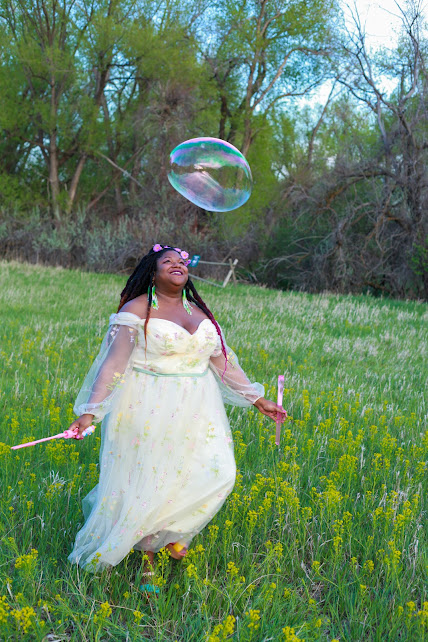
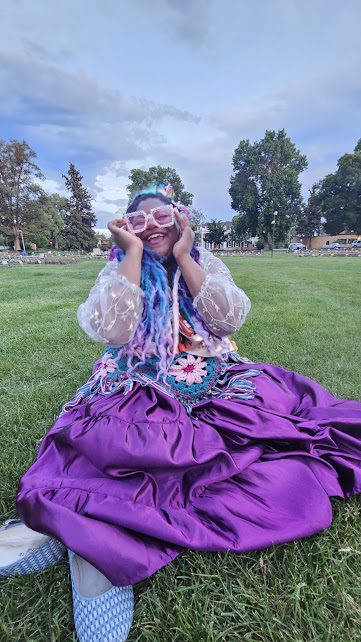
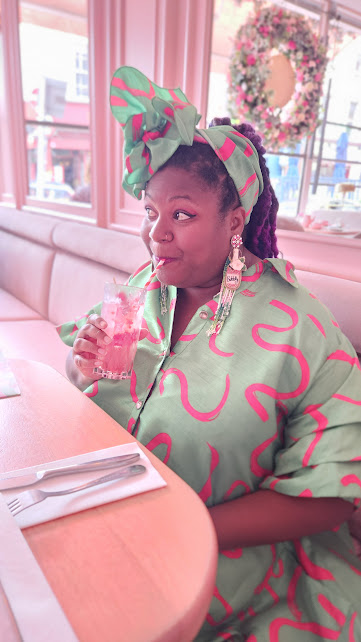
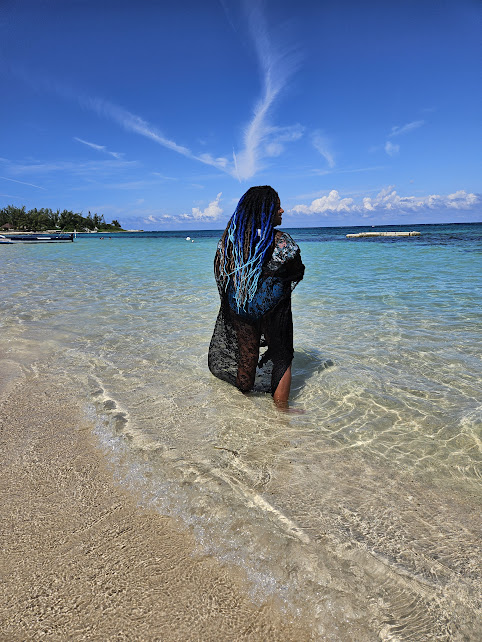
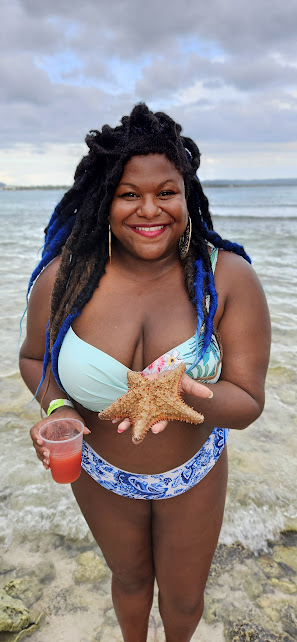
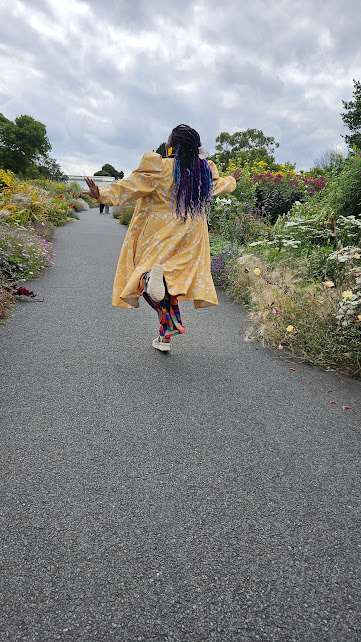
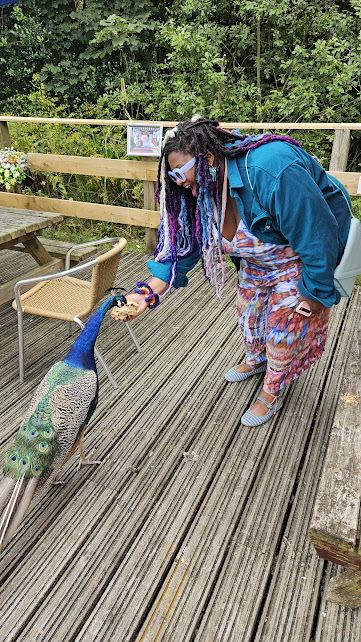
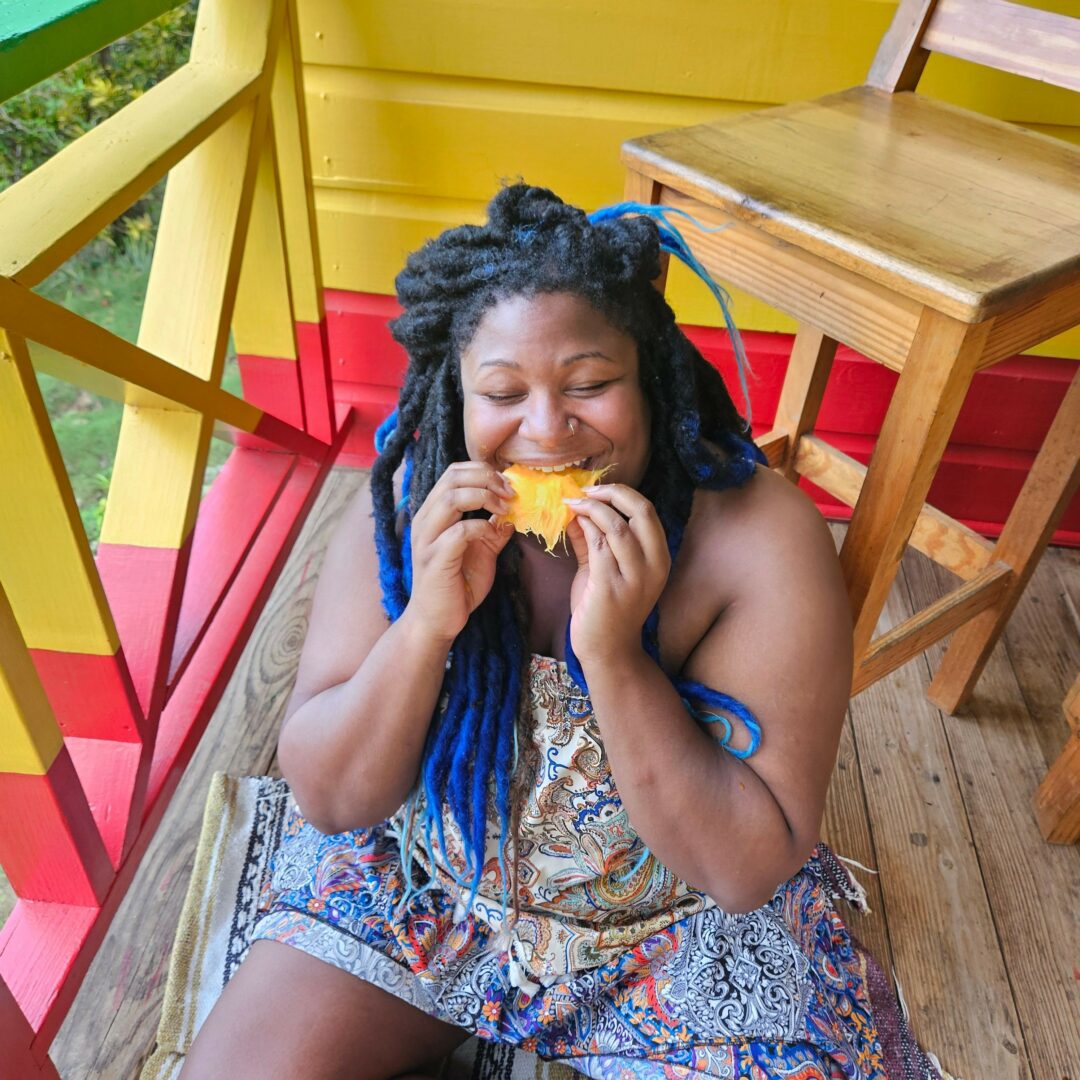
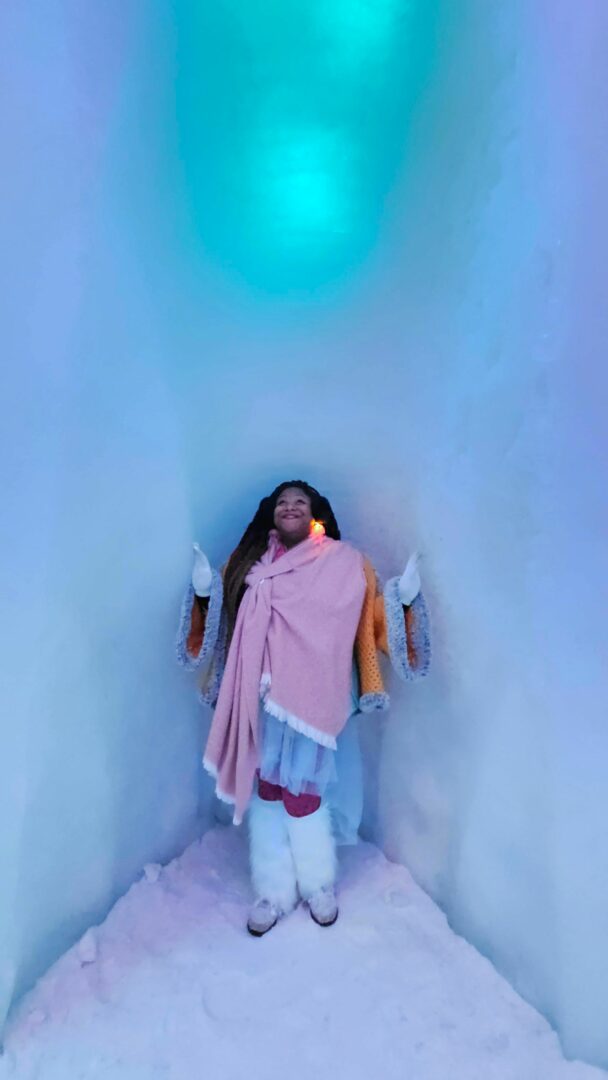
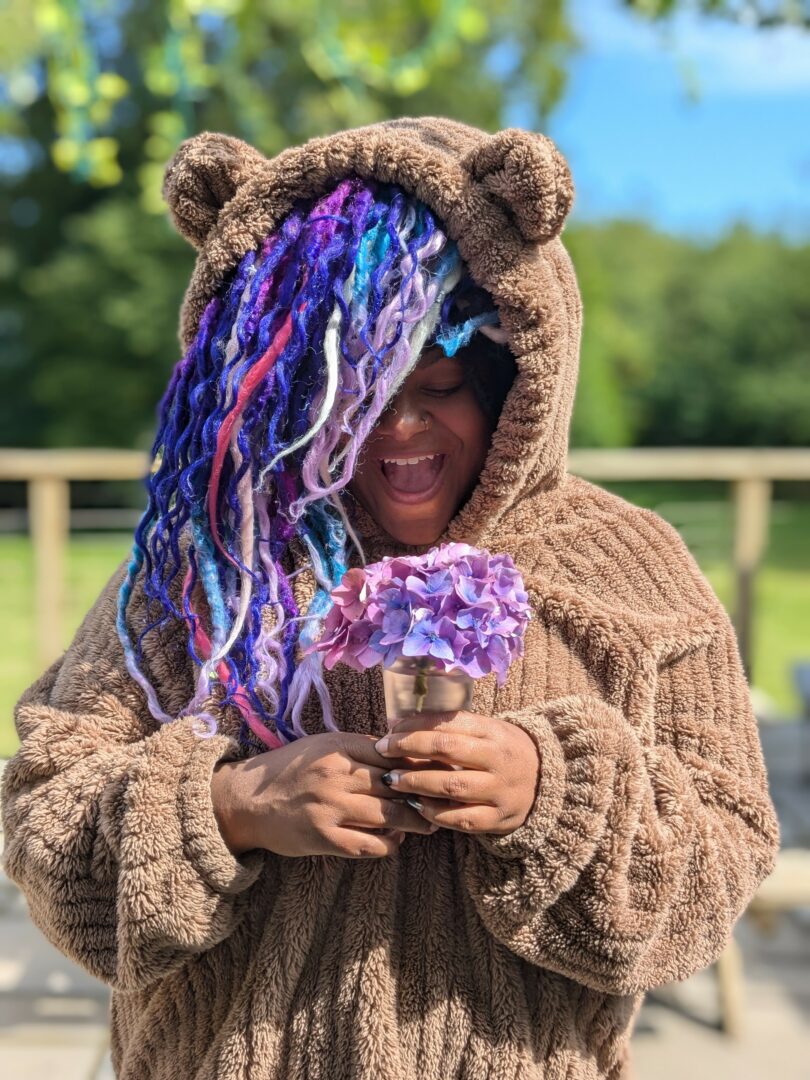
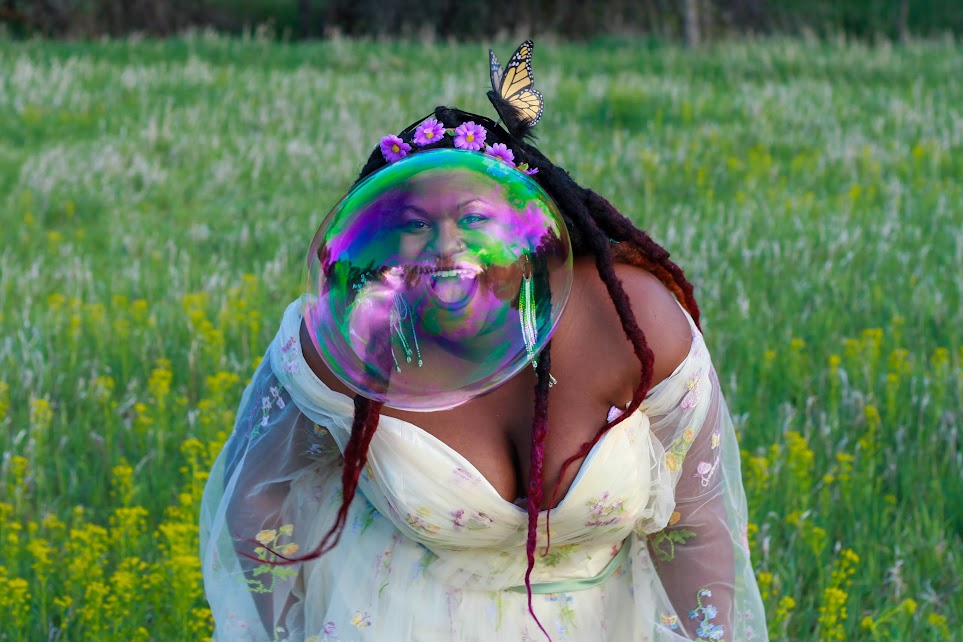
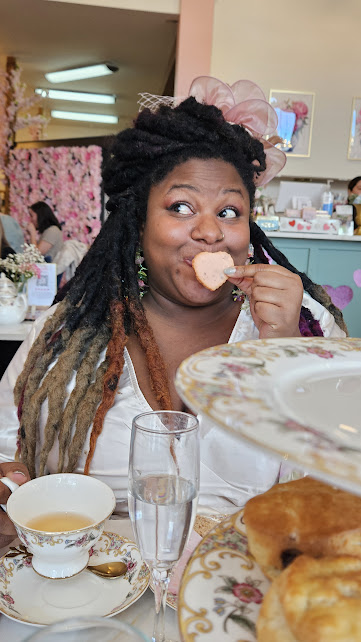
Image Credits
Brennan McCue
so if you or someone you know deserves recognition please let us know here.

